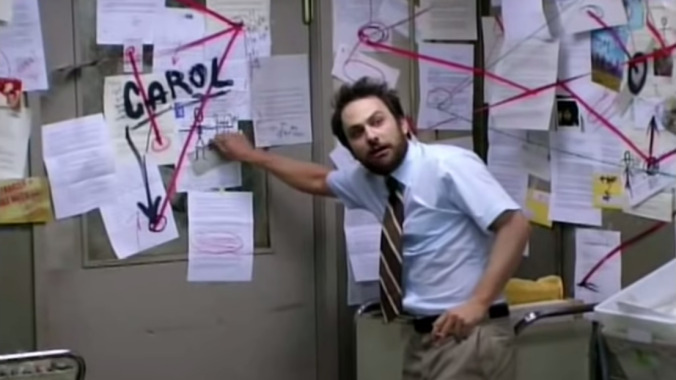Amateur sleuths should really listen to these journalists talk ethics in true crime podcasting

The true crime boom wrought by Serial, Making a Murderer, and, well, just about everything airing on Investigation Discovery is most assuredly intoxicating, but there’s something a touch unnerving about our collective fascination with the killers that may or may not be living next door—a topic explored with some humor and nuance on the latest season of Netflix’s Mindhunter. What happens, though, when one’s true crime obsession empowers them into becoming an amateur investigator? It’s a journey that’s rendered with some romanticism in TV and film, but it’s manifesting in real life via podcasts, that most easily accessible of mediums. A casual stroll through iTunes will yield no shortage of podcasts where ordinary citizens start knocking on doors and, according to the seasoned journalists who conduct podcasts of their own, that can be dangerous.
Rebecca Lavoie, a host of the Crime Writers On… podcast, recently moderated a panel on this very topic at this year’s Podcast Movement contention, and you can listen to it right now. On the panel are four of the medium’s most respected names: Justin Ling, host of Uncover: The Village, Connie Walker, host of Missing & Murdered, Natalie Jablonski, producer on In The Dark, and Amber Hunt, host of Accused. The five speakers agree that it’s reckless to “play at journalism,” especially when it comes to the impact their revelations can have on the lives of those in the orbit of a crime. That includes potential suspects—the panel is especially aggrieved by hosts who irresponsibly reveal the names of supposed perpetrators, the likes of whom sometimes have not even spoken to police. This can lead, in some cases, to harassment against the suspect from listeners.
Though they don’t name any specific podcasts, it’s easy to recall the second season of the popular Up And Vanished, which features a memorable episode where a suspect details the harassment he’s received due to him being named on previous episodes. “Journalism” is the word the panel comes back to time and again, and Ling asserts that a “duty of care” needs to be maintained throughout any investigative process. These shows, after all, reach more ears than most people realize.
It’s a compelling listen, not just for those interested in podcasting but also those who might want to be more discerning in what true crime podcasts they listen to. Hear it via the CBC’s Uncover podcast here.